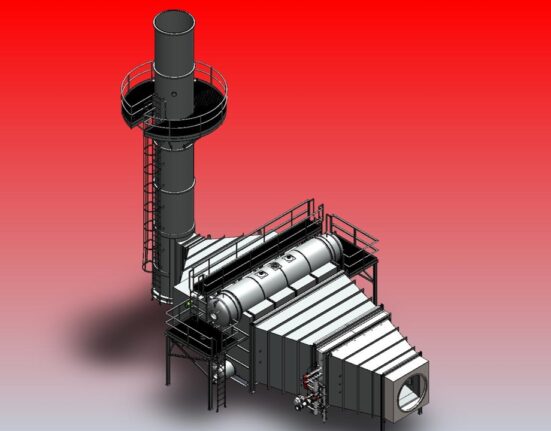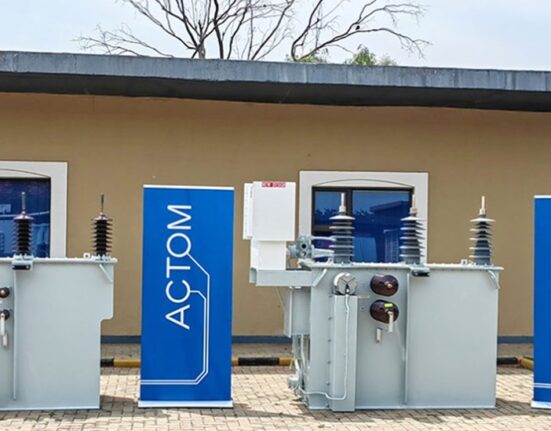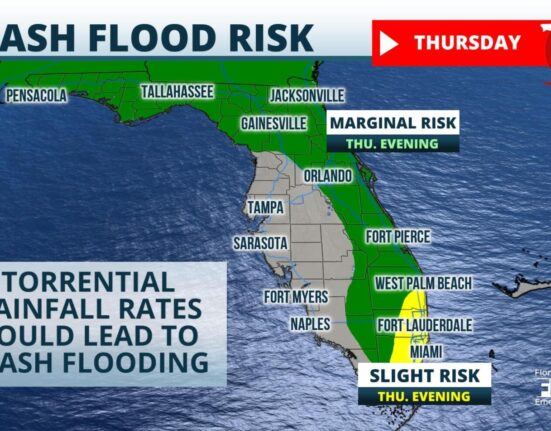In the sun-baked lands of Kazungula District, Southern Zambia, the struggle of smallholder farmers is all too real. Unpredictable rainfall patterns have plagued these farmers for years, leading to poor maize harvests—the country’s staple food. However, amidst this challenging backdrop emerges a beacon of hope in the form of beekeeping.
Meet Lillian Manjimela, a resilient caregiver to two daughters who found solace in beekeeping after facing repeated crop failures due to drought. Her journey with beekeeping began when she became involved in the Strengthening Climate Resilience of Agricultural Livelihoods in Agro-Ecological Regions I and II (SCRALA) project back in 2021.
“Most people in my community laughed at me…but that did not stop me.”
Initially met with skepticism from her community about the benefits of beekeeping during times of drought, Lillian persevered. She soon witnessed the transformative power of this age-old practice in mitigating the impacts of climate change on agriculture.
The SCRALA project serves as a crucial safety net for vulnerable farmers like Lillian across Zambia’s climate-vulnerable regions I and II. It aims to fortify resilience against erratic weather patterns—a mission that proved invaluable during Zambia’s recent droughts.
“Taking care of my two children and my visually impaired mother… honey supports our well-being.”
Through beekeeping, Lillian found not just a source of income but also a lifeline for her family. The honey harvested from her beehives provided by the project played a vital role in supporting their well-being during tough times.
Beekeeping isn’t just about harvesting honey—it’s about creating resilience amidst adversity. In Zambia alone, it has enhanced diets for around 250,000 farmers and offered a critical income source for 20,000 rural households. This alternative employment opportunity has significantly boosted annual household incomes through honey and beeswax sales.
Equipped with essential tools and protective gear provided by the project, Lillian’s venture into honey production flourished. Her dedication bore fruit when she harvested an impressive 120 litres of honey in 2023—an accomplishment that earned her recognition at the district’s agriculture show.
“I use some of the honey for home consumption…the surplus is exchanged for maize.”
Despite facing recurring drought challenges, Lillian remains steadfast. Not only does she ensure food security for her family through bartering surplus honey for maize but she also pays it forward by mentoring fellow farmers at Nyawa agriculture camp.
Lending credence to beekeeping’s transformative potential, Lillian trained seven women through the project—forming a cooperative that now supports 22 members within their community. The ripple effects are undeniable as neighbors like Dina Banda express regret at not joining sooner due to witnessing its positive impact firsthand.
Beekeeping transcends mere economic benefits; it aligns with all 17 Sustainable Development Goals (SDGs) by revolutionizing food production systems from subsistence to advanced levels. Moreover, it stands out as an inclusive avenue where women play pivotal roles—from hands-on work to marketing and training—empowering them economically with minimal additional workload.
“In the face of significant rainfall deficits…beekeeping stands as a beacon of hope.”
The partnership between Zambia’s Ministry of Agriculture and UN agencies like UNDP, WFP, and FAO—with support from entities like Green Climate Fund (GCF) and technical guidance from Zambia Meteorological Department (ZMD) & Water Resource Management Authority (WARMA)—ushers in new possibilities amid climate uncertainties.
Long after our encounter with Lillian Manjimela fades into memory, her story endures—a testament to how grassroots initiatives backed by governmental and UN collaborations can pave the way towards sustainable futures even in agricultural heartlands like Zambia.









Leave feedback about this